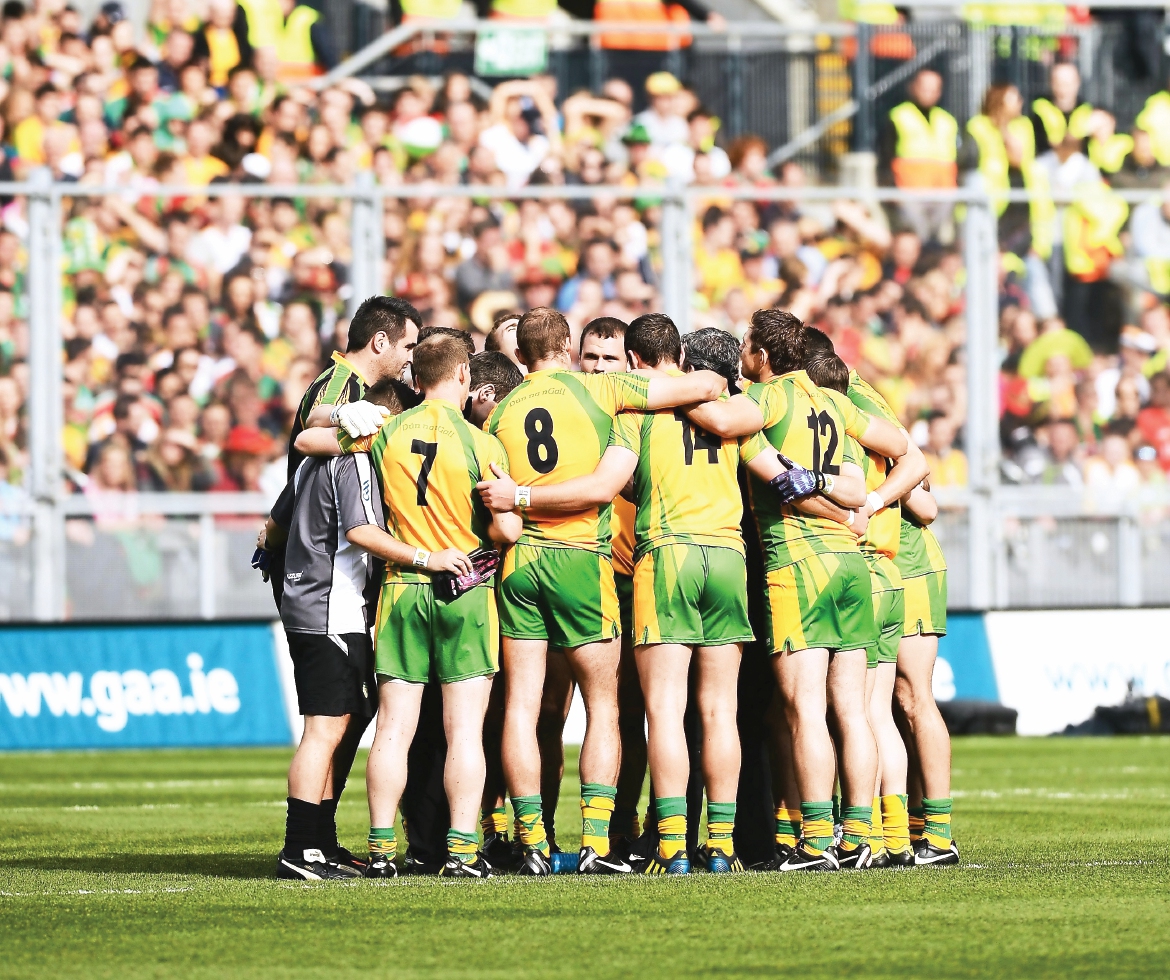- WHAT is culture and how is it relevant in the GAA? In layman’s terms, culture represents the belief system and values of the team. In effect, how the group conducts themselves with a view to achieving a shared vision.
- If we think of Dublin we think of a process and an organised system, there is a collective understanding that produces a highly-efficient machine. Everyone knows not to shoot outside the scoring zone, everyone knows when the arm goes up to keep the ball and everyone knows when to drop. In other words, players are organised.
- The individual is a cog in a well-oiled machine. This is due to a culture that has been agreed upon, established and developed.
- If you want to attain an effective level of organisation then you must create a culture conducive to it and, vitally, it must come from within the group. A manager’s ideas will remain as ideas if players don’t buy in.
- I remember in my early days taking a training session where boys had Armagh jerseys and Cork jerseys on. Even an AC Milan jersey popped up and it was as if a Sports Direct 80 per cent sale had vomited on the group.
- I was struck that if you want a team to be organised and well drilled then the first thing that must change is that everyone has a shared identity.
- A policy that I employ to this day is that everyone wears club colours to training and matches, without exception.
- The second thing introduced was a strict time-keeping policy. Again the cohesion of a team in a match will suffer if players can’t even make training on time. The standard punishment is 10 burpees for the whole squad per indiscretion.
- Again, this is player-led and increasingly it doesn’t arise at all. An organised team has its origins in the small details and if these foundations aren’t solid then structuring a style of play will crumble. How can a team become an efficient unit on the field when Johnny and Joe rock up 20 minutes late to each session looking like they failed the audition for the Adidas catalogue?
- It is of paramount importance that you are not too rigid in the application of rules as this can be to the detriment of the very culture you are trying to create.
- Consider the following real-life scenario. The rule is if you are late then the whole squad get burpees, and this has been agreed upon as a group. You receive a call from Joe or Mary saying they are under pressure at work and will be 10 minutes late to training. By your own rules this warrants punishments, but you must recognise that amateur players have other commitments and a courtesy call to inform you is good manners and should warrant respect.
- If you cast your mind back to the not-so-distant past we have an example of a major cultural shift in a team, and that is the Donegal team under Jim McGuinness.
- This had been a hugely talented group that were not achieving their potential, and indeed could be seen as an easy touch. I was at the game in Crossmaglen in 2010 when Armagh dismantled them. If you had said to me at the end of the game that this Donegal team would win an All-Ireland within two years, I’d have assumed you were a bit tired and emotional.
- Interestingly 11 Donegal players that featured that day played in the All-Ireland final two years later. Yes, a few outstanding players were added but it was clear that Jim McGuinness had changed the culture. He made them believe that they are good enough to win an All-Ireland and crucially the players bought in to the fact that they would have to work beyond their limits to achieve this.
- As Kevin Cassidy said, “we believed in Jim and we believed we were good enough.” That right there is culture, a belief in the group and desire to go to the ends of the earth to achieve it.
- I was lucky enough to win a Louth Intermediate Championship with St Bride’s last year, our first in 53 years, and the Donegal 2012 team was something I looked at.
- The players had quality and the potential to win it. They just needed the belief coupled with the work ethic to achieve their goal.
- As previously referenced, there must be flexibility within the overall application of the process. Again, referencing Donegal it was sad looking in from the outside that Kevin Cassidy wasn’t part of that famous win. A charismatic and sensational footballer who was in the trenches for years deserved better.
- Perhaps all’s well that ends well though, Donegal got their All-Ireland and Kevin would go on to win an Ulster Club with his beloved Gaoth Dobhair in 2018. Who knows, maybe had he remained on the panel a serious injury may have struck preventing both from happening.
- Having watched a brilliant Gaoth Dobhair training session last week I can personally say that the culture of stealing training drills will remain very much alive in the GAA.
